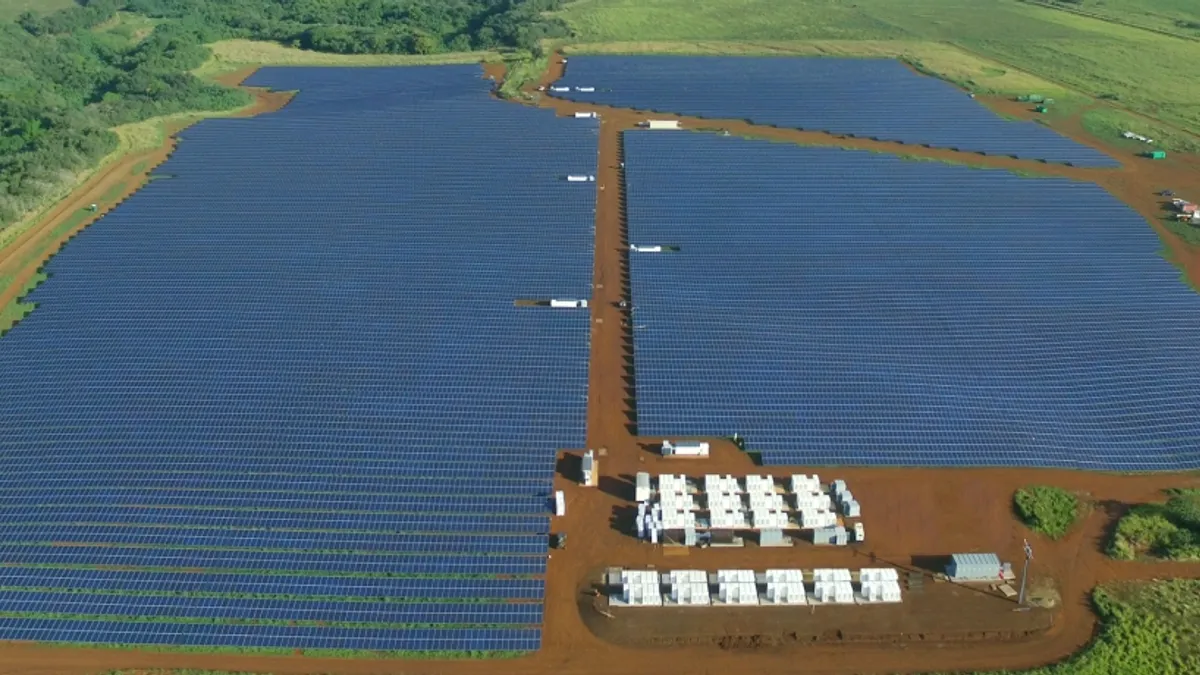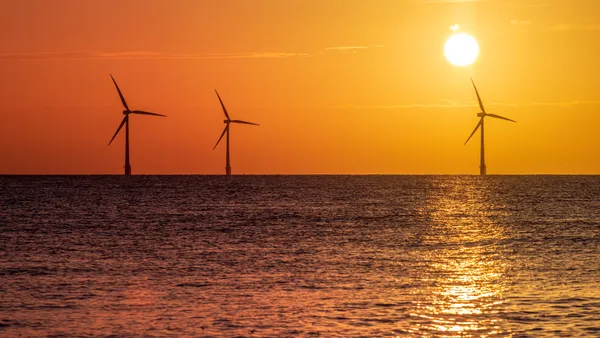Dive Brief:
- Florida Rep. Holly Raschein (R), has introduced a bill to consider how solar and energy storage technologies could provide for the energy needs of critical disaster resilience facilities during a natural disaster or declared state of emergency.
- A pilot program would be run out of Florida's Department of Agriculture and Consumer Services that would study the benefits of resilience assistance to emergency shelters, hospitals and health facilities, airports and emergency response units.
- The Solar Energy Industries Association and Vote Solar have thrown their support behind HB 1133. The bill's primary sponsor calls on-site solar-plus-storage a "foward-thinking solution."
Dive Insight:
The solar-plus-storage pilot project would be located in the Florida Keys, which were hit hard this year by Hurricane Irma.
"As we've recently experienced first-hand ... there's nothing more crucial in the wake of a disaster than power. Onsite solar energy storage systems are a forward-thinking solution to improving the security of energy supply at critical local facilities," Raschein said in a statement.
In addition to offsetting emergency facilities' power needs and providing backup energy during a grid outage, solar-pus-storage can also eliminate the need for back-up diesel generators. Both Vote Solar and SEIA advocated for lawmakers to pass the measure.
Scott Thomasson, Southeast director of Vote Solar, believes excitement around new battery technology has been growing since it proved itself after Hurricane Irma.
"Scaling solar and energy storage as a strategic backup resource during disasters could have a real impact on people's lives and security," Thomasson said.
A recent spate of hurricanes sparked discussion within the power sector over the need for resilient grids; solar-plus-storage systems are among technologies under consideration in Puerto Rico, which has been hit hard by Hurricane Maria in late 2017.














